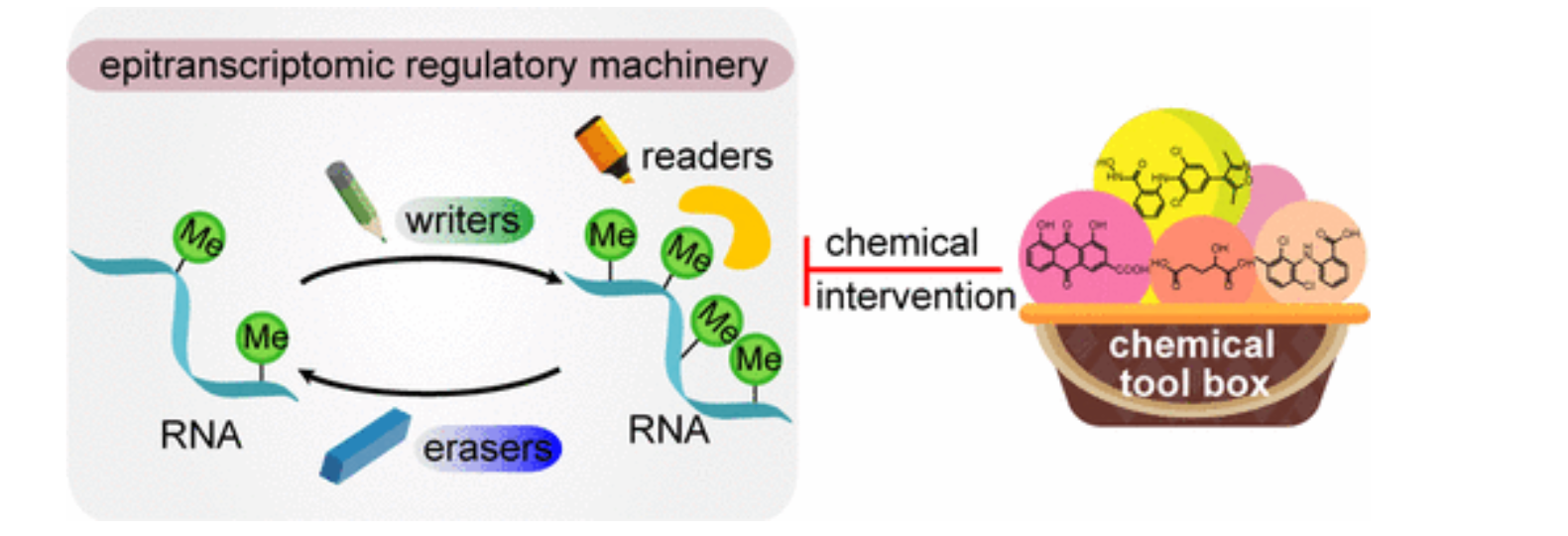The Epitranscriptome Focused Small Molecule Library is a collection of small molecules specifically designed and curated to target the emerging field of epitranscriptomics. Unlike the genome and epigenome, which focus on DNA and histone modifications, the epitranscriptome refers to the multitude of chemical modifications that occur on RNA molecules, including but not limited to methylation, acetylation, and pseudouridylation. These modifications play a critical role in regulating RNA stability, localization, splicing, translation, and degradation, thereby influencing gene expression in ways that were previously unrecognized.
The Epitranscriptome Focused Small Molecule Library aims to provide researchers with a unique platform for studying and manipulating the dynamic and complex landscape of RNA modifications. This library consists of carefully selected small molecules that possess the ability to modulate various enzymes responsible for RNA modifications, such as methyltransferases, demethylases, and RNA-binding proteins.
One of the key components of the Epitranscriptome Focused Small Molecule Library is small molecule inhibitors. These inhibitors specifically target enzymes involved in RNA modifications, impeding their activity and altering the modification landscape. By blocking the function of these enzymes, researchers can gain insights into the biological consequences of RNA modifications and their impact on cellular processes. Moreover, these inhibitors can serve as potential therapeutic agents for diseases associated with dysregulated RNA modifications, such as cancer and neurological disorders.
In addition to inhibitors, this library includes small molecules that can act as substrate mimics for RNA-modifying enzymes. These molecules closely resemble specific RNA modifications, enabling researchers to investigate the selectivity and specificity of the enzymes involved. By using these substrate mimics, researchers can decipher the preferences of RNA-modifying enzymes and uncover their roles in normal physiology and disease.
Another approach employed in the Epitranscriptome Focused Small Molecule Library involves small molecule activators. These molecules are designed to enhance the activity of certain RNA-modifying enzymes, potentially leading to increased RNA modification levels. By manipulating the abundance of specific RNA modifications, researchers can study their functional significance and potential therapeutic applications.
The Epitranscriptome Focused Small Molecule Library holds immense potential for advancing our understanding of RNA biology and unlocking new therapeutic opportunities. RNA modifications have been implicated in various diseases, including cancer, neurodegenerative disorders, and metabolic disorders. With this library, researchers can explore the role of RNA modifications in disease pathogenesis and identify potential targets for developing diagnostics and treatment strategies.
However, it is worth noting that the Epitranscriptome Focused Small Molecule Library is still in its early stages, and much remains to be discovered in regards to the diverse landscape of RNA modifications and their biological functions. The development of this library requires continuous research and collaboration across disciplines, including chemistry, biology, and bioinformatics.
In conclusion, the Epitranscriptome Focused Small Molecule Library represents an innovative platform that allows researchers to probe the world of RNA modifications and explore their role in gene expression regulation and disease. With the availability of small molecule inhibitors, substrate mimics, and activators, this library opens up exciting opportunities for elucidating the complex interplay between RNA modifications and cellular processes, ultimately paving the way for the development of novel therapeutics and precision medicine approaches.



